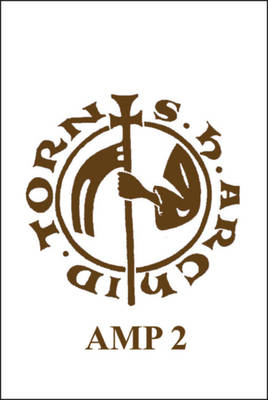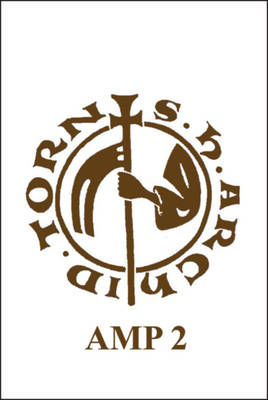
- Retrait gratuit dans votre magasin Club
- 7.000.000 titres dans notre catalogue
- Payer en toute sécurité
- Toujours un magasin près de chez vous
- Retrait gratuit dans votre magasin Club
- 7.000.0000 titres dans notre catalogue
- Payer en toute sécurité
- Toujours un magasin près de chez vous
Henrici de Gandavo Summa (Quaestiones Ordinariae), Art. XXXV-XL
Description
Henry of Ghent's Summa, art. 1-5, composed probably before 1276, are the opening articles of Henry's grand masterpiece, his Quaestiones ordinariae or Summa. This Summa was, from what Henry himself indicated, to be in two sections: a section De Deo and a section De creaturis, but the second part was never composed, probably due to Henry's death in 1293. What has survived is an "unfinished cathedral," as Bayerschmidt has described.
These opening articles are part of the "prolog" and they treat epistemological issues such as skepticism and the very possibility of human knowledge, divine "illustration," teaching, certitude, knowledge of non entities, the desire for knowledge, and the nature of study. This "epistemological" concern marked deeply the development of thought in the High Middle Ages and influenced the Franciscan, John Duns Scotus, and through Scotus, William of Ockham.
The text of the critical edition is reconstructed based upon a manuscript of Godfrey of Fontaines containing these articles which was willed to the Sorbonne when Godfrey died. This manuscript seems to have been composed in the very school of Henry. Other manuscripts which were used were two that may have been copied from the apograph, three copied from the first Parisian exemplar divided into pieces (peciae), and two copied from a second exemplar.
Spécifications
Parties prenantes
- Editeur:
Contenu
- Nombre de pages :
- 410
- Langue:
- Anglais
- Collection :
Caractéristiques
- EAN:
- 9789061866565
- Date de parution :
- 15-07-12
- Format:
- Livre relié
- Format numérique:
- Genaaid
- Dimensions :
- 168 mm x 249 mm
- Poids :
- 793 g

Les avis
Nous publions uniquement les avis qui respectent les conditions requises. Consultez nos conditions pour les avis.





